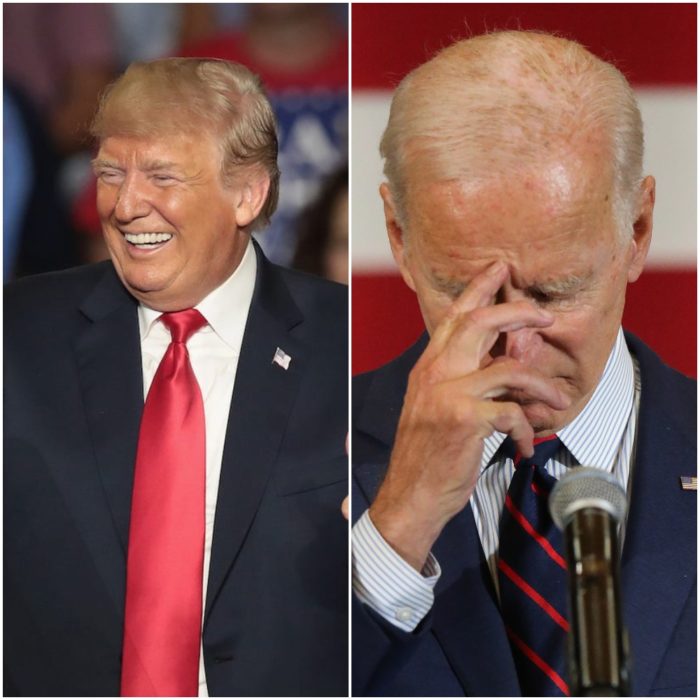From President Donald J. Trump:
A federal judge on Monday granted former President Donald Trump’s request for the appointment of a special master to review the documents seized by the FBI during a raid on his Mar-a-Lago home last month. Presiding Judge Aileen Cannon, a Trump appointee, further held that the Department of Justice cannot review or use for criminal investigative purposes any material seized pending the review process.
Besides handing Trump a victory in his battle for some oversight of the Biden administration’s digging into his documents, Cannon highlighted several significant facts over the course of her 24-page order that further call into question the DOJ’s targeting of Trump.
Here are the seven top-line takeaways:
1. President Biden Was Directly Involved
In the order granting Trump’s request for the appointment of a special master, Cannon began by providing a summary of the backdrop that led to the search. Throughout 2021, Trump and the National Archives and Records Administration (“NARA”), “engaged in conversations concerning records from [Trump’s] time in office,” the court noted. Those discussions resulted in Trump in January 2022 transferring 15 boxes from Mar-a-Lago to NARA. NARA subsequently informed the Department of Justice that some items in the boxes contained markings of “classified national security information.”
Following the archive’s outreach to the Justice Department, NARA notified Trump on April 12, 2022, that it intended to provide the 15 boxes to the Federal Bureau of Investigation. Trump’s attorneys sought a delay in the transfer to assess whether any documents contained privileged material. But then, as Cannon wrote, after obtaining a short delay, on May 10, 2022, NARA informed Trump it would proceed with “provid[ing] the FBI access to the records in question, as requested by the incumbent President, beginning as early as Thursday, May 12, 2022.”
In including this quote in her order, Cannon cited the letter the NARA’s acting archivist sent to Trump’s lawyer. That letter explained that Biden had decided to defer to the archivist’s “determination, in consultation with the Assistant Attorney General for the Office of Legal Counsel, regarding whether or not [the archivist] should uphold the former President’s purported ‘protective assertion of executive privilege.’” Acting Archivist Debra Steidel Wall then explained in the letter that based on her consultation with the assistant attorney general for the Office of Legal Counsel, she had decided not to honor Trump’s claim of privilege.
While the media has previously highlighted those aspects of the letter,Monday’s order highlighted a key sentence in that same letter that went less noticed by the press: “NARA will provide the FBI access to the records in question, as requested by the incumbent President, beginning as early as Thursday, May 12, 2022” (emphasis added).
This language indicates that Biden did not merely defer to the NARA but asked the NARA to give the documents to the FBI. Of course, deferring to the NARA’s judgment equated to Biden authorizing the hand-off to the FBI, but this passage suggests a more direct connection between Biden and the investigation into Trump.
Read the full article by Margot Cleveland with the Federalist here.
















